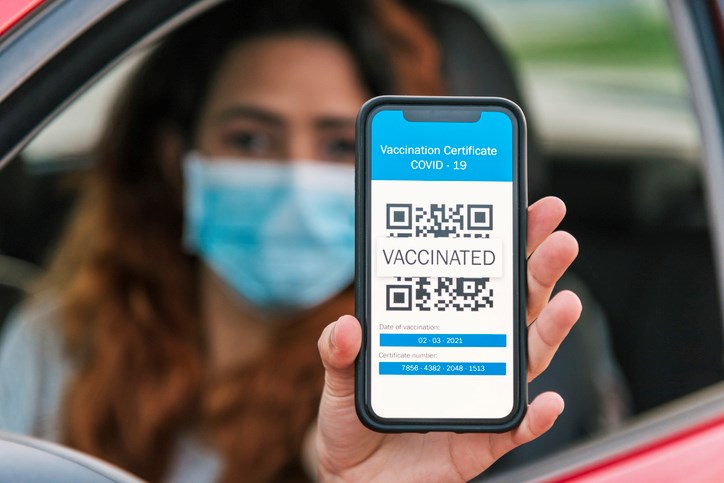Limiting the rights of unvaccinated British Columbians won't necessarily make the province’s new COVID-19 vaccine passport program illegal or unconstitutional, lawyers say, but the issue will no doubt end up in court.
Premier John Horgan, flanked by provincial health officer Dr. Bonnie Henry and Health Minister Adrian Dix, announced Monday a program beginning next month that will see proof of vaccination required to access certain businesses and events — live sports, restaurants, night clubs, cinemas, casinos, concerts and more.
The measures are unprecedented in B.C. and are bound to wind up in court, according to Thompson Rivers University law professor Craig Jones, one of the province’s top legal experts.
“It’s very clearly an infringement on people’s liberty under the Charter, and there’s possibly infringement of human rights legislation depending on the reasons why people do or don’t get vaccinated and so forth,” Jones told Castanet.
“But just showing an infringement isn’t enough. The court or the tribunal is going to want to balance the legitimate objectives of the measures against the degree of intrusion in people’s life. At the end of the day, I think it is all going to come down to whether there is a legitimate belief that these measures will help.”
There will be no exceptions, Henry said Monday in making the announcement, except for children under 12 — too young for a vaccine. That means those who refuse to vaccinate, as well as those unable to for medical or religious reasons, will not be allowed into any business or event where proof of vaccine is required.
The program is slated to take effect on Sept. 13. Some business owners are applauding the news — the measures came about following lobbying by the BC Chamber of Commerce — while others are vowing to refuse to abide by the conditions.
Kamloops lawyer Marshall Putnam, who teaches a course on Charter rights at TRU's law school, said going out for dinner is not specifically protected by Canada's Charter of Rights and Freedoms.
“There is no specific Charter right that entitles someone to eating in a restaurant or going to a casino, both of which are activities limited by this mandate,” he said.
“These are privileges that people were previously allowed to enjoy provided they met the criteria for doing so, which before now has generally been a question of finances. A limitation on doing these types of activities that’s based on proof of vaccination is certainly new, but does not change the fact the limitation remains on leisure activities — the types of activities you are not constitutionally entitled to doing.”
Putnam said he thinks litigants challenging the new requirements in court could be in for a tough fight, because the mandate is not directly infringing their Charter rights in a way previously seen. He said he thinks a challenge on religious or medical grounds would have the best shot at success.
Henry stressed the measures will be temporary. When asked, she said the earliest the passport requirements could be lifted is January, depending on how effective they are in driving up vaccination rates and lowering case counts.
Jones said the potentially short window for the program won’t change anything when it comes to litigation.
“Let’s say someone files a challenge and then the law is rescinded,” he said.
“The court still has the discretion to carry on with the hearing, notwithstanding that it’s technically moot, if they think that there’s some worthwhile purpose in having the matter decided. And, in a case like this, they may well make that decision that they want to go forward.”


